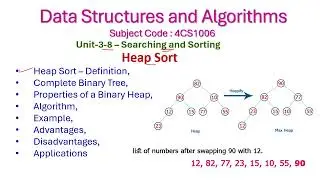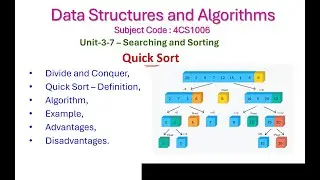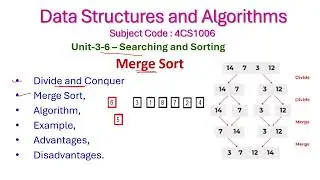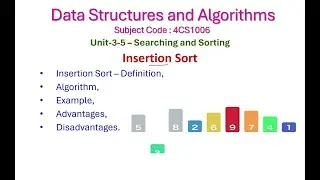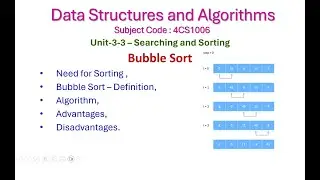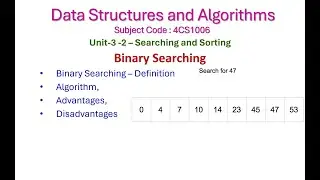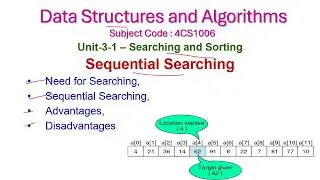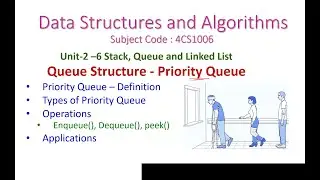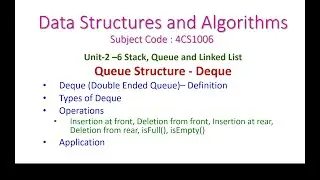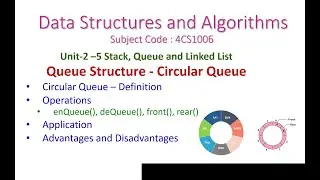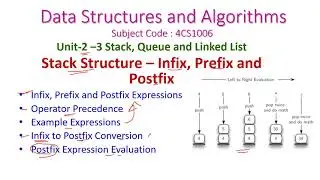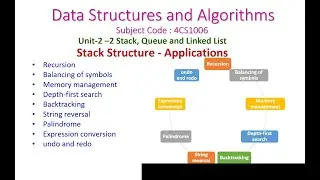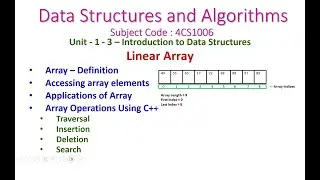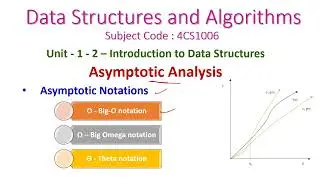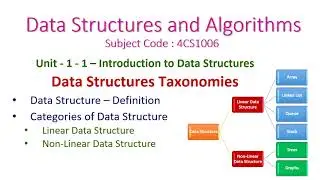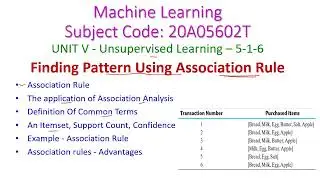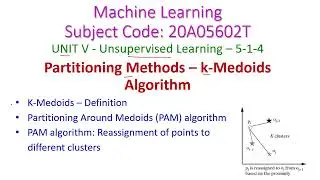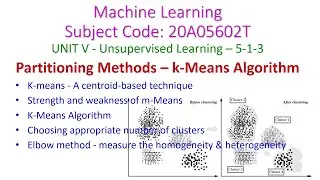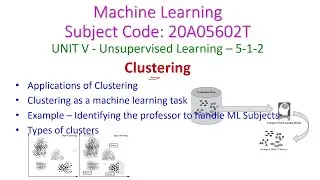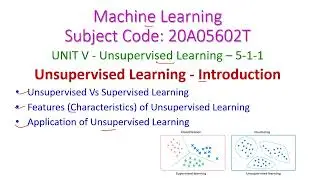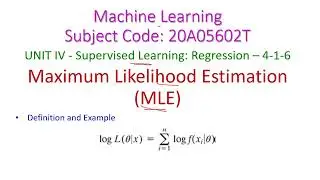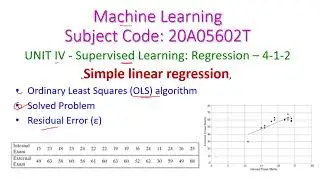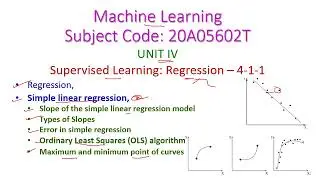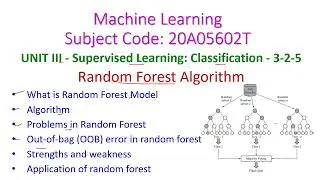Simple Knowledge Base-Propositional Logic-Artificial Intelligence-Unit–2-Logical Reasoning-15A05606
Unit – 2 – Logical Reasoning
Propositional Logic – Part-II - A Simple Knowledge Base (KB)
We have defined the semantics for propositional logic, we can construct a knowledge base for the Wumpus world
Let Pi,j be true if there is a Pit in [i, j].
Let Bi,j be true if there is a Breeze in [i, j] .
The knowledge base includes the following sentences, each one labeled for convenience:
There is no Pit in [1, 1]:
A square is Breezy if and only if there is a Pit in a neighboring square
The preceding sentences are true in all Wumpus worlds.
The knowledge base consists of sentences R1 through R5
It can also be considered as a single sentence –
The conjunction R1 R2 R3 R4 R5 –
because it asserts that all the individual sentences are true.
A Truth Table constructed for the knowledge base given in the text.
KB is true if R1 through R5 are true, (R1 R2 R3 R4 R5)
which occurs in just 3 of the 128 rows
Sound
Yes, because the inference rules themselves are sound. (This can be proven using a truth table argument).
Complete
Yes, If we allow all possible inference rules (because the rules are limited), we’re searching in a finite state space, hence complete.
If we limit/reduce inference rules, we run the risk of (sometimes) leaving out the necessary one… (hence not complete)
Subscribe this channel, comment and share with your friends.
For Syllabus, Text Books, Materials and Previous University Question Papers and important questions
Follow me on
Blog : https://dsumathi.blogspot.com/
Facebook Page : https://www.facebook.com/profile.php?...
Instagram : / dsumathiphd








